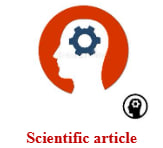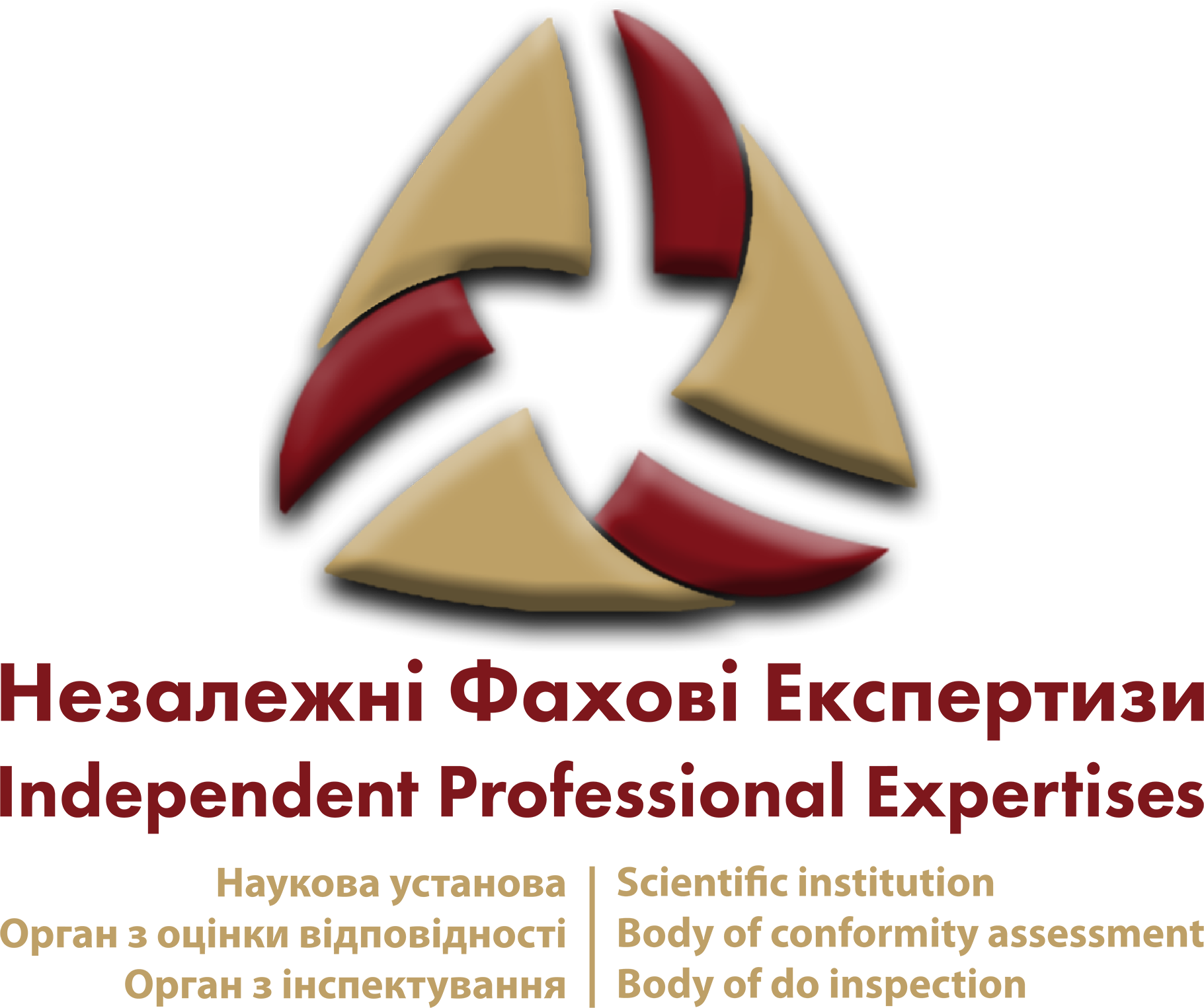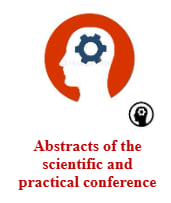| Romanovska L.А., Candidate of Law, Director, Chief Research Fellow in the field of jurisprudence at IPE LLC, https://orcid.org/0009-0004-6306-6936 Interdisciplinary research: scientific horizons and perspectives: collection of scientific papers «SCIENTIA» with Proceedings of the VII International Scientific and Theoretical Conference, April 12, 2024. Vilnius, Republic of Lithuania: International Center of Scientific Research (P.49-51). |
Generalised theses.
The conformity assessment body (inspection body) is legally responsible for the timeliness and appropriateness of the organization and conduct of conformity assessment (independent professional expertise) in accordance with the terms of the service agreement concluded between it and the customer of the expertise. The risks that may arise from the untimely execution of the order by the conformity assessment body (inspection body) can be both subjective and objective.
Subjective risks may include: (1) poor communication between personnel responsible for organizing the process, as well as directly within the expert group; (2) delaying the study; (3) dependence of personnel on management regarding the distribution of responsibilities; (4) imperfect interaction between personnel, rivalry, hostility, etc. These risks are characterized by the level of organization of the relevant processes directly within the conformity assessment body (inspection body). Preventive actions and measures to neutralize and avoid them are local regulatory regulation of processes, for example, the development and implementation of such regulatory documents into the activities of the conformity assessment body (inspection body) as: Procedure for organizing and conducting conformity assessment (independent professional expertise), Technical conditions for the relevant research process, Technological cards for the duration of expert research on the relevant subject with the regulation of the types of work required to be performed in the expert group and by each expert participating in the research.
Objective risks may include: (1) a change in the legal norm that makes further research impossible or requires additional time to complete the research, or requires advanced training for professional experts; (2) destruction of equipment on which information about the research is stored, for example, as a result of a rocket attack on a house where the server is located, etc. Preventive actions and measures to neutralize and avoid them include taking actions to preserve a backup copy of electronic data and software used in the research, as well as promptly amending the contract for the provision of services to extend the terms of the research. For this purpose, the contract must provide for conditions regarding a significant change in circumstances and their consequences within the meaning of Article 652 of the Civil Code of Ukraine.
Risks that may cause improper execution of the order may be: (1) insufficient professional competence of experts included in the group for conducting the study; (2) lack of access to all necessary information provided for the study by the customer; (3) errors caused by haste, lack of time for detailed research, workload at the main place of work, etc. These risks are characterized by both subjective and objective. They are subjective because it is the conformity assessment body (inspection body) that must annually verify the professional competence of professional experts based on established criteria and authorize the professional expert to perform work for the current period of time in accordance with the confirmed level of his professional competence. These risks can be considered objective because they are associated with human actions.
A professional expert must possess qualities known as personal resources and they constitute a unique human potential, namely: qualifications, experience, skills. These qualities are determined by the field of knowledge, education, level of professional and specialized knowledge, mental resources. These qualities are the basis for the formation of professional responsibility.
A professional expert may perform the tasks of the customer, according to which he proves the conformity of products, processes, services, systems, equipment, etc., as an official of the conformity assessment body (inspection body) or engaged personnel on the basis of a service contract concluded with the conformity assessment body (inspection body). In the first case, the professional expert’s liability is determined by the norms of labor legislation if there is improper performance of official duties. In the second case, the professional expert’s liability is civil, since under the terms of the service contract, he bears legal liability only to the conformity assessment body (independent professional expertise) for untimely, poor-quality and illegal conduct of the examination, failure to fulfill the terms of the contract, etc. However, in the process of providing conformity assessment (independent professional expertise) in the conclusions, the professional expert must take into account the following conditions: (1) the circumstances that are confirmed by the relevant legal documents on the basis of which the relevant results are justified are reliable; (2) the conclusion must be logical and correct.
A relevant question arises: Who is the subject of professional liability for harm caused to a third party, in particular: the consumer of an expert opinion on conformity assessment (independent professional expertise)?
In the scientific literature, O.F. Yaremenko rightly states that the category of professional responsibility is an element of economic security on which the stability and effectiveness of a business entity depends. Professional responsibility provides not only for legal punishment for failure to fulfil or improper fulfilment of contractual obligations, but also for proper fulfilment of the duties of a business entity. In this case, it is appropriate to talk about the professional responsibility of the conformity assessment body (inspection body) before the customer of the examination, the consumer of the expert opinion, its own employees, and partners.
Therefore, the guarantor of the quality of conformity assessment (independent professional expertise) is the professional responsibility of the conformity assessment body (inspection body).













